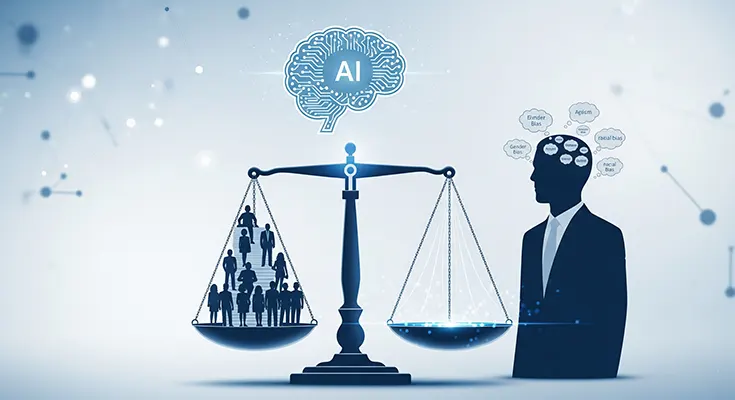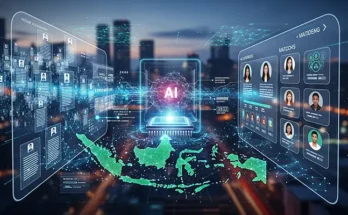In the world of recruitment, bias—both conscious and unconscious—has long been a difficult challenge to overcome. Unintentional preferences for a particular name, school, or gender can unfairly eliminate highly qualified candidates.However, with the emergence of AI tools for reducing bias in the hiring process , we now have a revolutionary tool to build a fairer and more inclusive recruitment process.
These AI tools are designed with ethical principles to not only increase efficiency but also eliminate inherent human bias. They help companies focus evaluations on the single most important factors: a candidate’s qualifications, skills, and potential.
Sources of Bias in the Recruitment Process
Bias can creep into the recruitment process at various stages:
- Job Description: The language used—such as “rockstar” or “aggressive”—can inadvertently alienate certain groups of candidates.
- Resume Screening: Humans often make snap judgments based on unfamiliar-sounding names, educational institutions, or even gaps in work history.
- Interviews: Confirmation bias can occur when interviewers subconsciously look for information that confirms their first impression of a candidate.
How Ethical AI Combats Bias
Ethical AI tools operate with a set of protocols specifically designed to create a fair recruitment process.
1. Anonymized Resume Screening
This is one of the most effective ways AI is used. AI-powered resume screening tools can automatically remove personally identifiable information from resumes, such as names, ages, addresses, and photos. This forces recruiters to evaluate resumes solely on relevant experience, skills, and education, ensuring that candidates are judged on merit, not demographics.
2. Language Analysis in Job Descriptions
AI tools can scan job descriptions to identify potentially gender-biased or stereotypical language.For example, AI can flag words like “ninja” or “dominant” and suggest more neutral and inclusive alternatives. This helps companies attract a wider diversity of candidates and encourage more applicants from underrepresented groups.
3. Standardized Skills-Based Assessment
AI can be used to create objective and standardized skills assessments.For example, instead of relying on subjective impressions from interviews, AI tools can evaluate candidates’ problem-solving abilities, communication skills, or technical knowledge through consistent tests for all applicants. This focuses the evaluation on what candidates can do, not who they are.
4. Data-Driven Insights for Bias Analysis
Once data is collected, AI can analyze the entire recruitment pipeline to identify patterns of bias. For example, AI can reveal if candidates from certain backgrounds consistently fail to make it past the first interview stage. This insight empowers HR teams to take corrective action and fix biased processes.
The Importance of Human Oversight and Transparency
While these AI tools are incredibly powerful, it’s important to emphasize that AI isn’t a magic bullet. AI tools are only as fair as the data that trains them. If an algorithm is trained on biased historical data (for example, recruitment data from a company that historically only hires men for technical roles), it can replicate those same biases.
Therefore, human oversight is crucial. Ethicists and HR professionals should regularly audit AI systems for signs of bias, ensure transparency in their processes, and use AI results as recommendations, not final decisions.
In Indonesia, where competition for talent is increasingly fierce, adopting ethical AI tools is a strategic move for companies. By eliminating bias in resume screening and assessment processes, companies not only create a fairer and more ethical recruitment process but also significantly increase their chances of finding top candidates who might otherwise have been overlooked. This is a partnership between artificial intelligence and human wisdom, where technology serves as a tool to promote fairness and build a more diverse and robust workforce.





